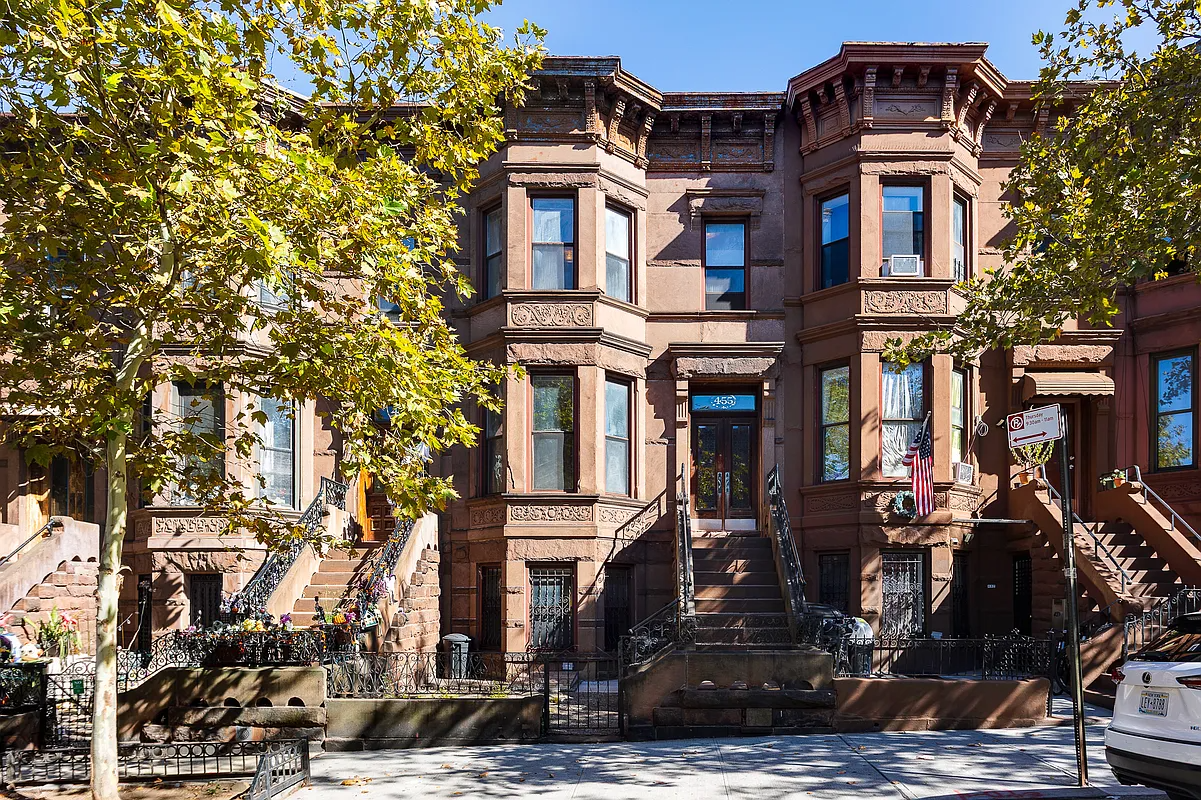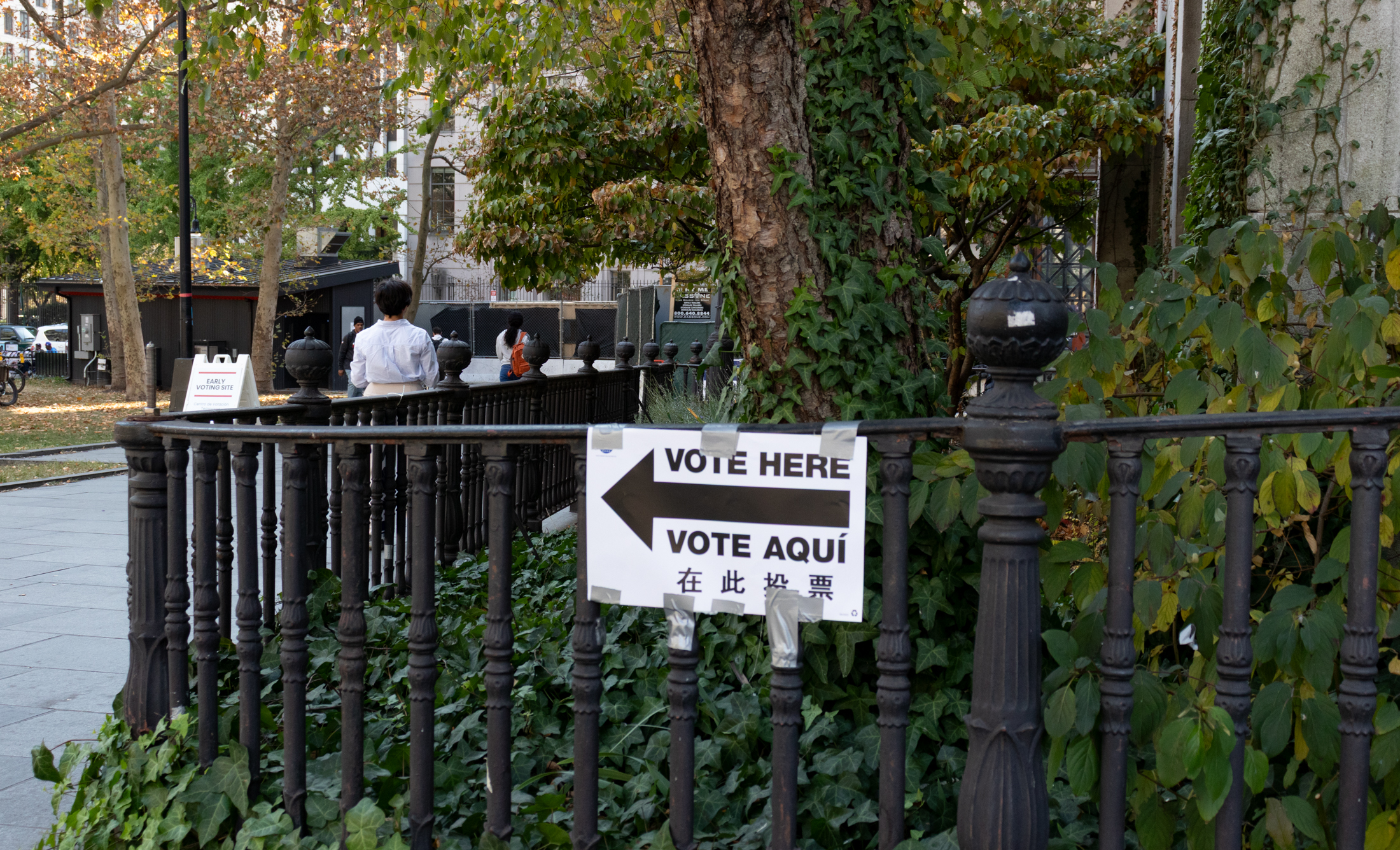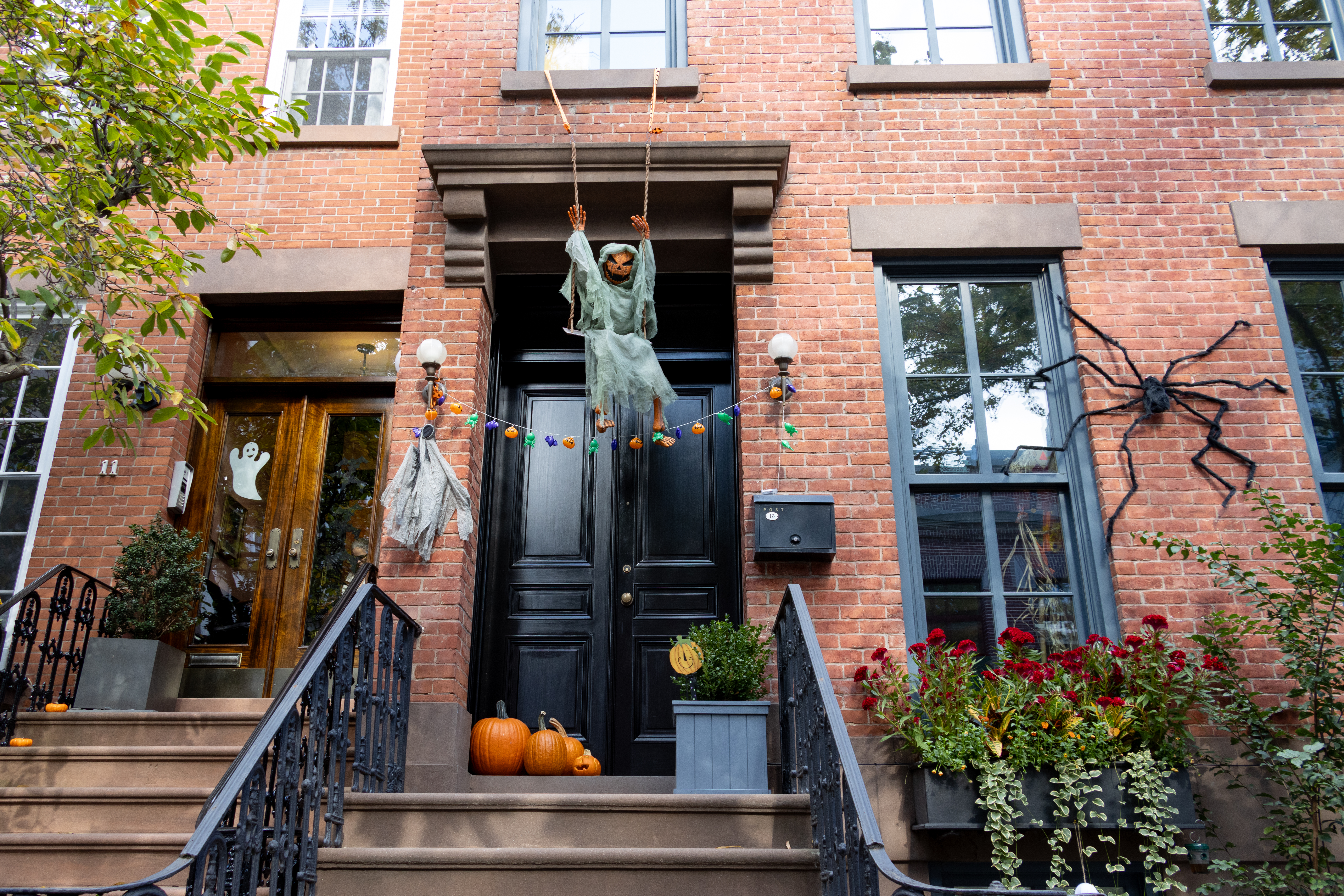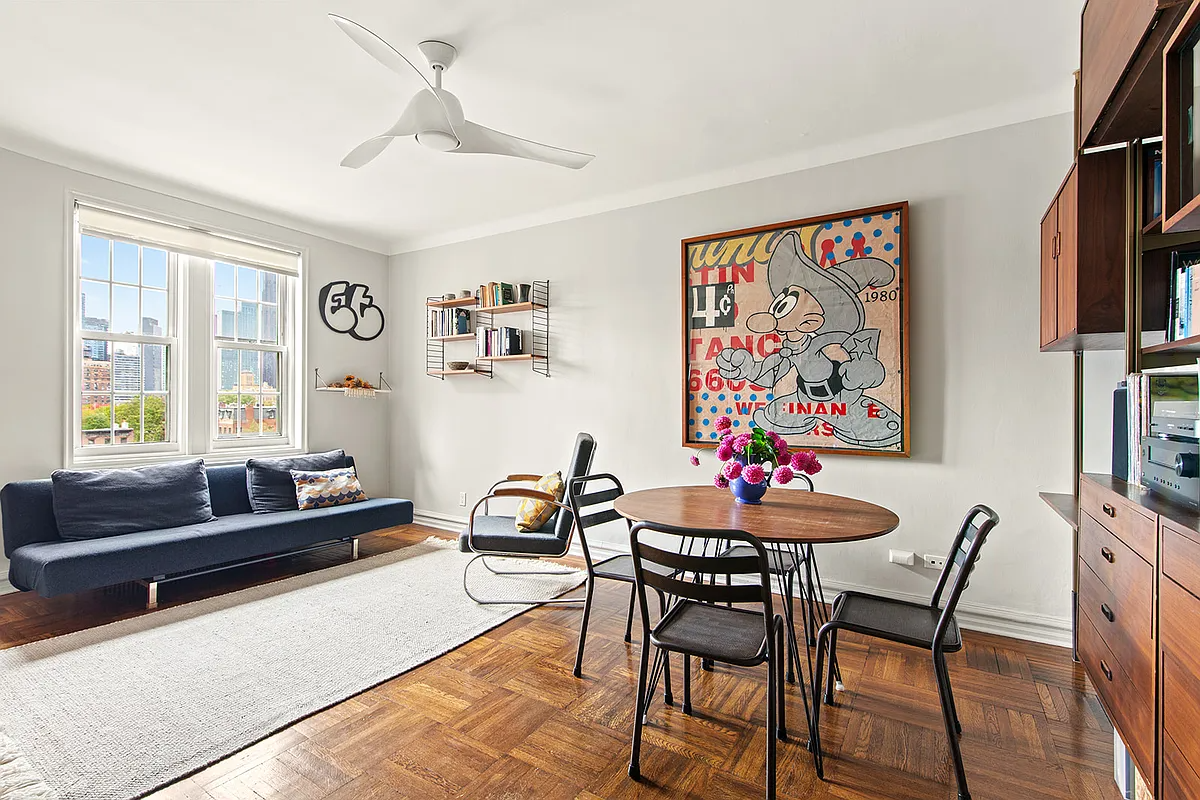U.S. Bubble May Not Play Out Like Japan's
July 12, 2005, Wall Street Journal Online — If, as some analysts claim, the U.S. has a property bubble, does Japan’s “lost decade” of economic misery provide a glimpse of what’s in store? As in the U.S. today, property values in Japan were spurred by low interest rates. What’s more, the Japanese run-up in real…

 July 12, 2005, Wall Street Journal Online — If, as some analysts claim, the U.S. has a property bubble, does Japan’s “lost decade” of economic misery provide a glimpse of what’s in store? As in the U.S. today, property values in Japan were spurred by low interest rates. What’s more, the Japanese run-up in real estate continued a couple of years after the stock market peaked at the end of 1989. In the U.S., house prices are still rising more than five years after the Dow Jones Industrial Average hit its peak in January 2000. But economists say there are significant differences. For a start, Japanese house prices jumped faster and higher. The average price of a 750-square-foot condominium in Tokyo rose to more than 70 million yen, or about $625,000 at current exchange rates, in 1991 from about 25 million yen in the early 1980s. After crashing in the early 1990s, the average house price has hovered around 40 million yen, or about $360,000, for the past 10 years. House-price inflation in major U.S. cities has been more moderate. The Office of Federal Housing Enterprise Oversight’s index of home prices rose 159% in the Los Angeles metropolitan area and 129% in the New York metro area during the 10-year period through March 2005.
July 12, 2005, Wall Street Journal Online — If, as some analysts claim, the U.S. has a property bubble, does Japan’s “lost decade” of economic misery provide a glimpse of what’s in store? As in the U.S. today, property values in Japan were spurred by low interest rates. What’s more, the Japanese run-up in real estate continued a couple of years after the stock market peaked at the end of 1989. In the U.S., house prices are still rising more than five years after the Dow Jones Industrial Average hit its peak in January 2000. But economists say there are significant differences. For a start, Japanese house prices jumped faster and higher. The average price of a 750-square-foot condominium in Tokyo rose to more than 70 million yen, or about $625,000 at current exchange rates, in 1991 from about 25 million yen in the early 1980s. After crashing in the early 1990s, the average house price has hovered around 40 million yen, or about $360,000, for the past 10 years. House-price inflation in major U.S. cities has been more moderate. The Office of Federal Housing Enterprise Oversight’s index of home prices rose 159% in the Los Angeles metropolitan area and 129% in the New York metro area during the 10-year period through March 2005.
Japan’s Bubble Burst May Not Echo in U.S. [Real Estate Journal]





I don’t think that bksqueeze was saying brownstone owners will be screwed – I think people who are reting out apartments in their brownstones and continuing to live in them themselves will probably be ok if they are in it for the long haul. But, you can’t get mad if he insinuates that people may not be able to pay their full mortgages if their rental units aren’t rented – that’s probably (unfortunately) going to happen to some people, because let’s face it, a lot of people are buying well over their means because of low rates and renting out those spaces because they couldn’t afford to carry the mortgage themselves.
However, his point that the number of people who can afford 1.1 million brownstones is a small market (despite what seems to be just the opposite) is very probably true. It’s a known fact that inflation is not catching up with housing costs and that people are spending more on their homes today than ever before. It is untenable that without a large change in salaries, etc. prices will keep rising. Even households where people make 250Gs a year in this area is a “middle” income family with these prices (maybe even low in some areas). And those people are not the norm – there are a lot of people making a lot less than that who are being priced out of the towns and areas that they grew up in because of the “bubble.”
The fact is, the downturn is coming and much of it will be like bqsqueeze says (and less like a nasty pop) – people with money to buy homes will simply be a lot more conservative in what they’re willing to pay and those who can’t pay todays prices will be able to get in. Buyers will at least be on a more equal footing with sellers, if not above them, soon enough. And that’s not really a bad thing in the long run, is it?
I googled the bksqueeze blog and it looks like bksqueeze moved out of Brooklyn to Long Island and is quite happy there. Also says he does not miss Brooklyn at all. Happy for you bksqueeze, but if you are not still Brooklyn property obsessed/bitter, why are you still posting on brownstoner about how everyone who has recently bought in Brooklyn is potentially screwed by an impending bubble pop?
bksqueeze, don’t you have a blog or something that complains about a bubble and constantly cheers for it to pop so you can buy? I might be wrong, but I thought I saw that site months back.
I think bksqueeze’s analysis is a not entirely on the money. I don’t see the people who have bought 1.1MM brownstones rushing out of the market. In fact, you can’t find many 1.1MM brownstones in Clinton Hill to begin with (unless on a less desirable block or in need of seriousl renovation). In any event, I would guess that most brownstone owners who have bought recently are in it for a reasonably long haul. To think that you are going to be able to get a nice brownstone that doesn’t need signficant renovating in a good area for less than $1 million, even if pricing drop quite a bit, is unlikely. Prices will likely level out for a while or go down with rising interest rates, but I think that brownstone Brooklyn owners in for the long term will be ok.
You make good points bksqueeze.
“Rental units are a hedge against the bubble.”
They’re a hedge only if you can afford what’s left over to pay on your mortgage and other expenses.
“The problem is, if housing prices in the tristate area drop, it will very likely be for reasons that will mean houses will be no more affordable for those lesser-paid citizens (e.g., higher interest rates, recession or other broader economic woes).”
Not necessarily. Keep in mind that when a house is sold (brownstone, co-op, condo, suburban ranch, whatever), it is sold to the one person who values it the most, not the average value of what people will pay for it. So for that one person that bought that a Clinton Hill brownstone for $1.1 million, there are probably ten more people who would’ve paid less (in many cases a lot less) than that. Once all those $1.1 million buyers are out of the market (and many of them are rushing out of it), who is left to replace them as buyers? Those with more conservative valuations (and sometimes budgets). Unless you are newly minting more buyers in the $1.1 million bracket, it will eventually catch up no matter where you are. It’s just a matter of time and degree. Add to that the fact that prices keep rising and you have an untenable case for continued price inflation
The rental income is definitely another reason that brownstone owners will probably not suffer, especially if rents rise should the bubble burst. That said, even though that’s a smart way to buy a home, not everyone has a family that can give them money for a brownstone, especially when so many are in the million dollar range.
linus makes a point – what happens when the regular folk still can’t afford a place around here due to higher interest rates (even if housing prices drop a lot)? Do they just leave NY? It’s a major issue that people often don’t think about when they talk about bubbles – do people just leave their homes and the places they grew up? It’s a sad effect of this bubble that seems to have made so many so rich.
One thing that people don’t seem to factor in when discussing the brownstone bubble is that most brownstones are multi-family properties. Rental units are a hedge against the bubble. If the bubble bursts due to “higher interest rates, recession or other economc woes,” there will still be a demand for rentals since “lesser-paid citizens” still won’t be able to buy.
As moderate income people, we bought our house on a shoestring with help from family, and are fixing it up ourselves while we live in it. We couldn’t afford a house in the burbs because we needed a rental to help pay the mortgage and the taxes in the burbs are 10X what we pay here in Brooklyn. There are also tax benefits (depreciation) to having a rental.
Condos and Co-ops have maintenance fees and no rental income, suburban homes have high taxes and no rental income. If you can rustle up the money, brownstones are the smart way to go — bubble be damned.